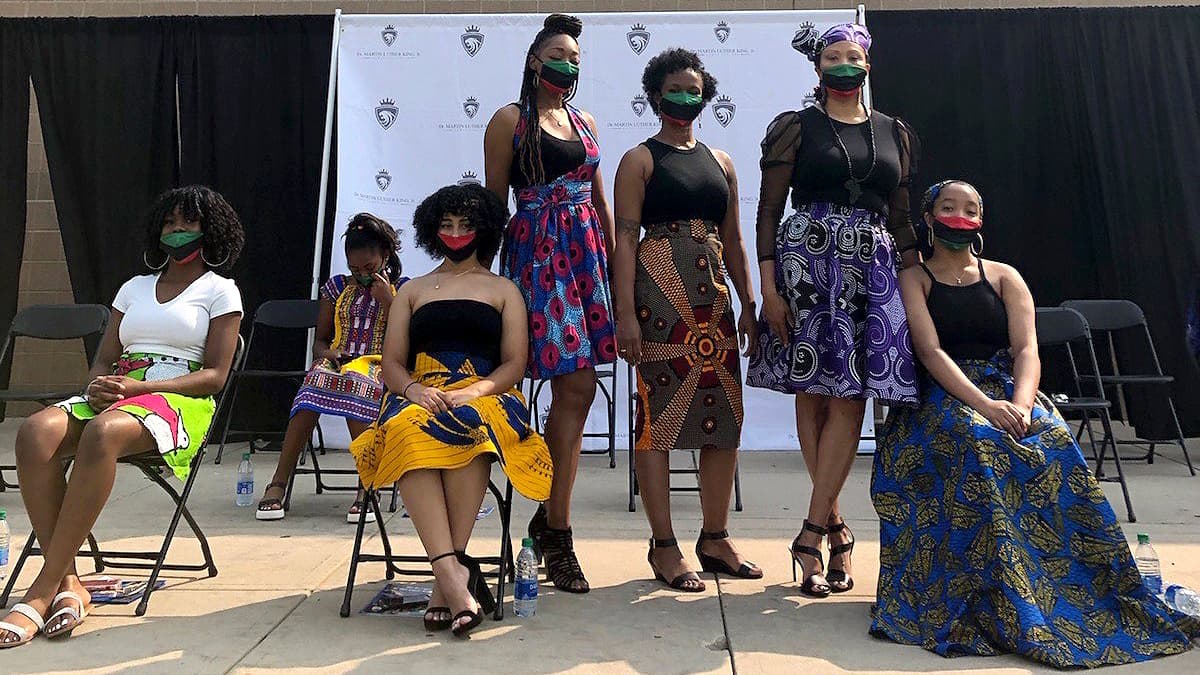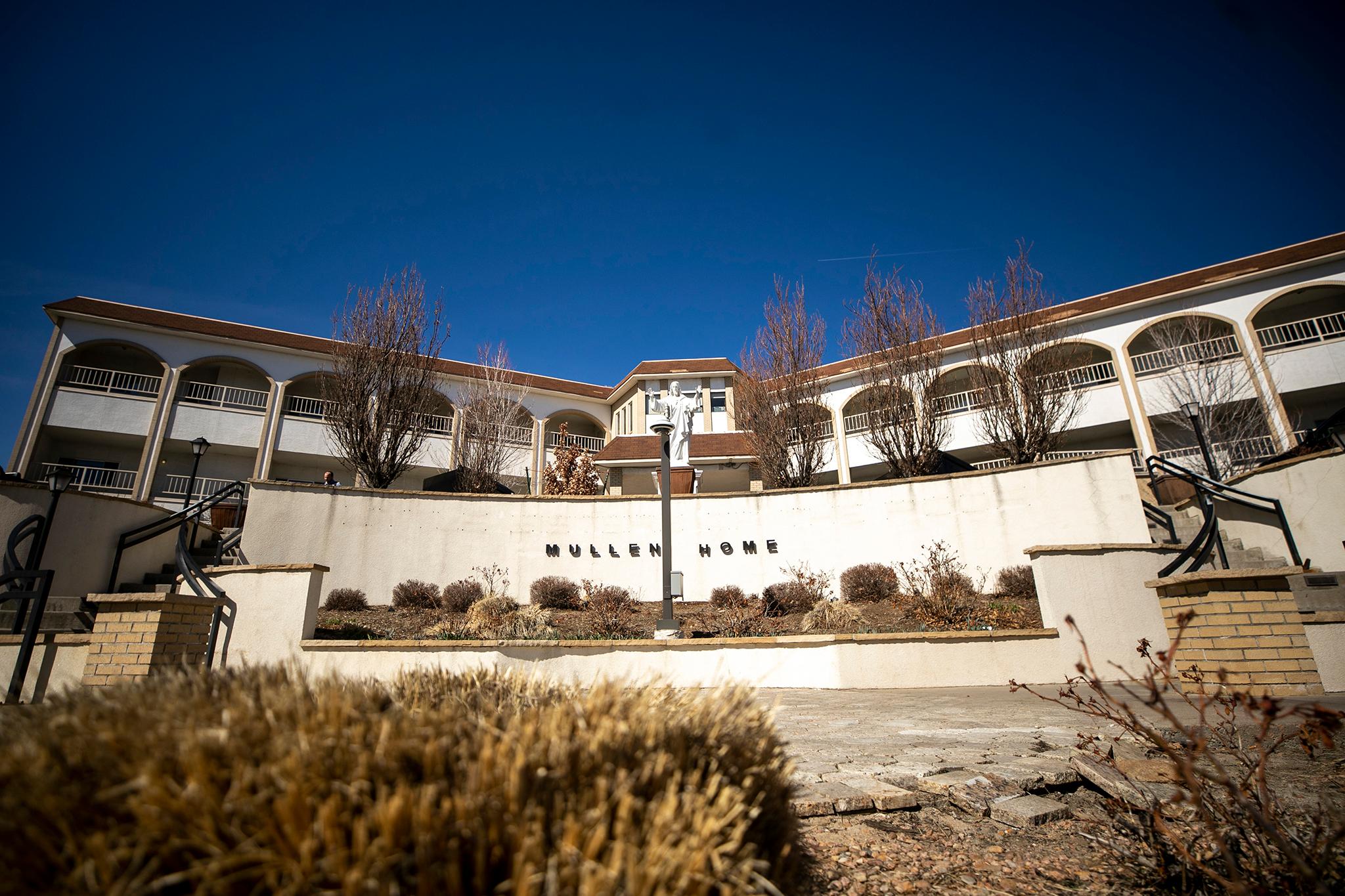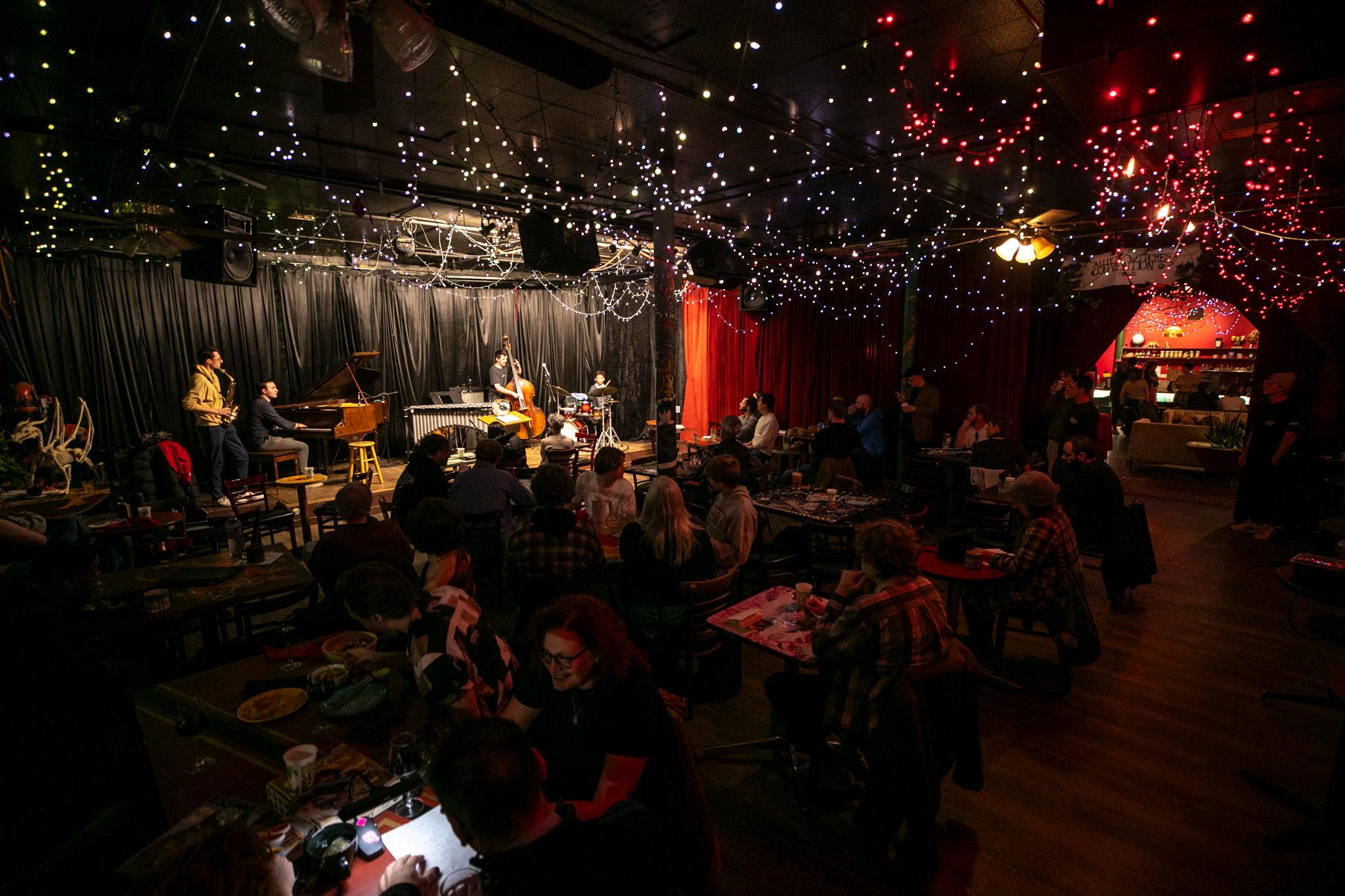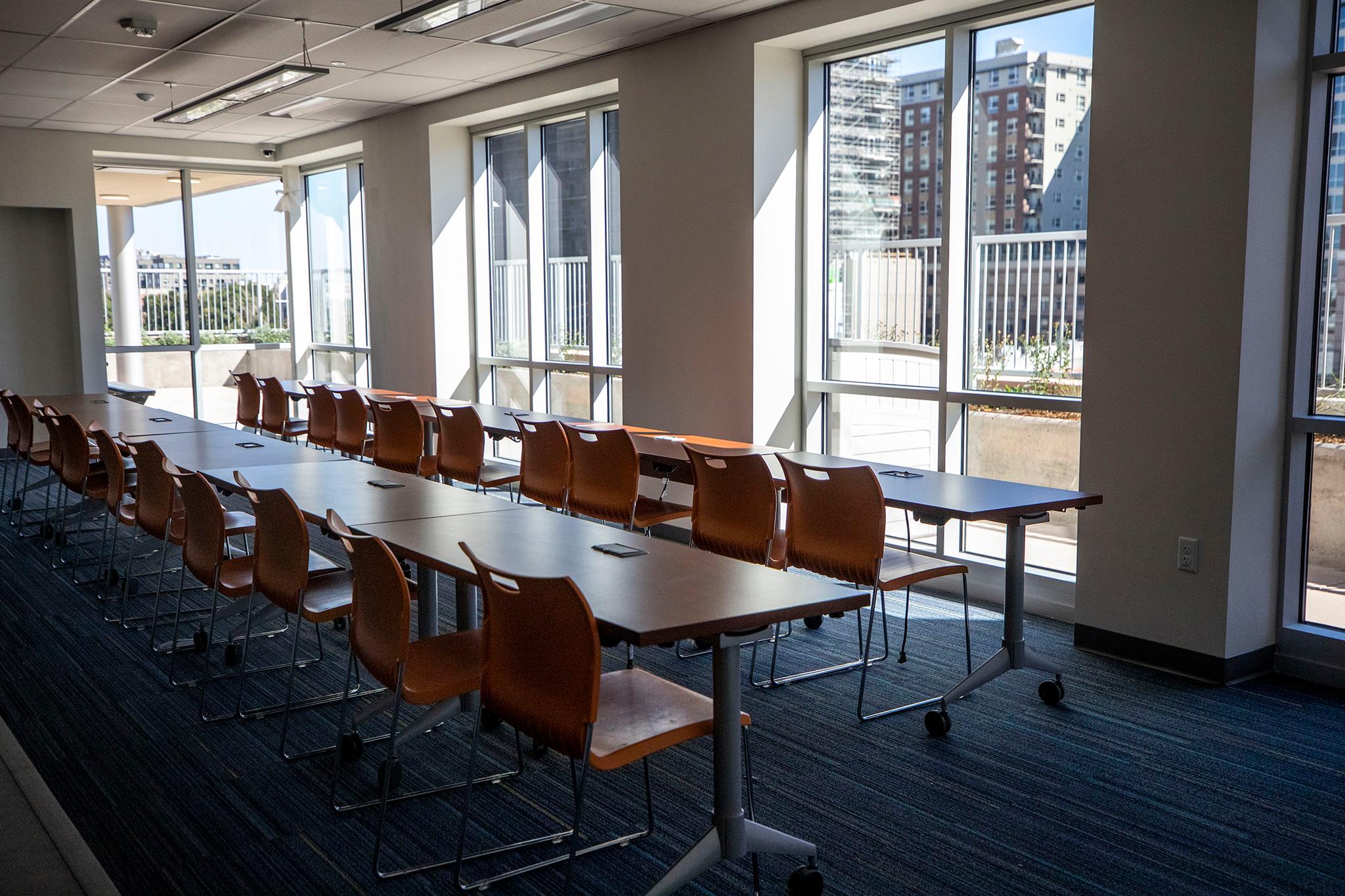Jenelle Nangah says her life changed in Washington, D.C.
On a high school class trip to the National Museum of African American History and Culture last year, the high school senior saw her history in a way she never had before. She learned about who she really was, her culture and the "misrepresentation and underrepresentation" of Black history in school, she said.
She and her classmates from Denver's Dr. Martin Luther King Jr. Early College walked silently through the museum. It was an intense and vulnerable experience.
"It was overwhelming walking up the floors, coming from the dark times and being able to see how your people progress, but we're still faced with so many obstacles," Nangah said. "It was sad, but at the same time, it was very empowering because we were able to see all the things that we as black people struggled through. We're still able to push and still be here today."
"It just awakened something in me," said her classmate, sophomore Kaliah Yizar.
On Friday, on the lawn outside their school alongside district and school leaders, Nangah, Yzar and two of their classmates announced a resolution that seeks to add comprehensive historical and contemporary contributions of Black, Indigenous, and Latino communities to the K-12 curriculum throughout Denver Public Schools.
The "The Know Justice, Know Peace Resolution" resolution lays out a course for DPS to revamp some of its K-12 curriculum over the next two years, in particular the K-5 social studies curriculum. It will be read and presented to the Board of Education during a public board meeting on September 24.
At the press conference, DPS Superintendent Susana Cordova, a Latina graduate of DPS, said she never saw herself in school curriculum.
"Systemic injustice is woven into so much of our daily lives that we have to examine and reflect the foundations upon which our education is built," she said.
It was a long journey to create the resolution, which school board member Tay Anderson said has the votes to pass.
Motivated by the beauty and depth of what Nangah and classmates Kaliah Yizar, Alana Mitchell, and Dahni Austin saw at the museum, they began advocating for a more inclusive curriculum.
Principal Kimberly Grayson said the four young women became "trailblazers" inspired by the actions of the Student Non-Violent Coordinating Committee, the civil-rights group that gave younger Blacks a voice in the civil rights movement.
"My students wanted more," Grayson said. "They wanted more for themselves. They wanted more from me. They wanted more for all students in Denver."
The students started a podcast to amplify young Black voices. They met with their school's history teachers who began incorporating new curriculum into classes. They asked the board of education and district leaders to change the way history is taught in DPS.
"We were relentless," said senior Alana Mitchell.
She said school history classes presented slavery, segregation and the civil rights movement, but not African history prior to slavery or Black contributions to American society.
"Not just our pain, but our beauty," Mitchell said. "They're always only showing the negative parts of Black history. There are so many positives from music to education, to art, and that's never, ever shown. It's only slavery and oppression."
"People like to think of us as commodities or just entertainment. We're so much more than that," Nangah said.
Sophomore Dahni Austin said it can be detrimental to Black youth to never see anything positive about their history. She said seeing positive role models, seeing people in history who look like you do, can push away the depression many Black youth feel.
The students agree that the entire experience, including making podcasts, has changed them.
"It's changed the way that I view people, it has made me want to keep pushing, go further, really believe in myself, know that I do have a plan and I have a path. I'm more than just an angry Black girl," said Nangah.
Superintendent Cordova and the seven-member school board have made equity a focal point of new district policies. Revamping curricula is just one part of tackling historic patterns of inequity in a district that is overwhelmingly comprised of students of color.
Enrollment in the 93,000-student district is 53 percent Hispanic, 25 percent white, 13 percent Black, 4 percent two or more races, 3 percent Asian. Native Indian and Alaska Native make up less than a percent, and Native Hawaiian or other Pacific Islander comprising less than half a percent.
The district began making equity-based revisions to the curriculum four years ago. It has already purchased extensive library databases called American Mosaics for student research. The district has also revised its eight and tenth grade history materials and created four ethnic studies courses to ensure that everyone understands the contributions and impacts of the past.
Until recently, eighth grade social studies curriculum focused on white settlers as they moved West, disregarding the genocide and cultural annihilation of Indigenous people. The eighth-grade history curriculum underwent a review and audit by a team of teachers and a culturally responsive education department, according to Tamara Acevedo, Deputy Superintendent of Academics.
The district will review 11th grade civics and economics courses and K-5 curriculum and revise the literacy curriculum to "lift the voices and experiences of Black and brown communities in a humanizing, asset-based manner."
"We hope to create a more humanizing, culturally sustaining curriculum that can de-center the white narrative and bring in stories of our historically marginalized communities for a more complete and authentic learning experience," Acevedo said.













